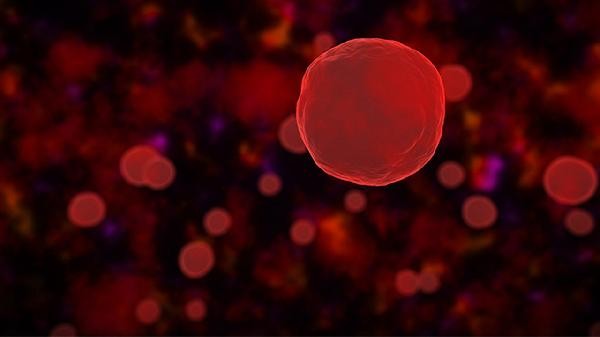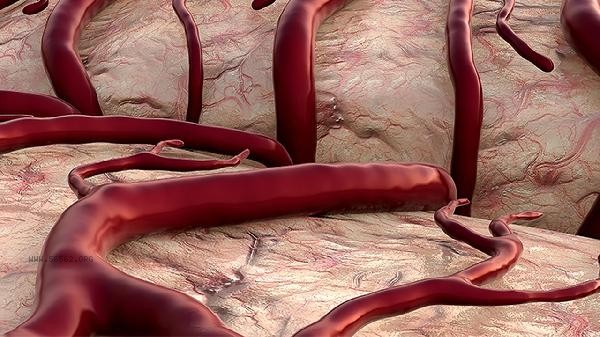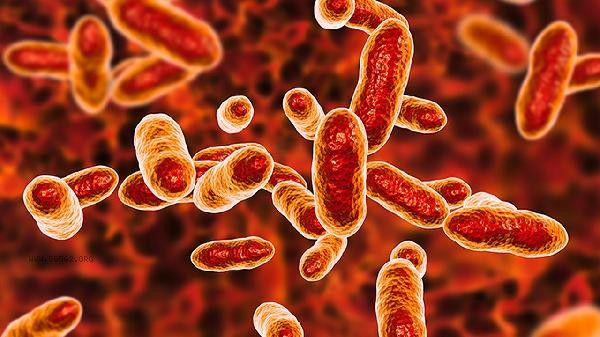The prolonged bleeding time in hemophilia patients is mainly related to the type of coagulation factor deficiency, normal platelet function, complete vascular constriction mechanism, local tissue factor compensation, and disease-specific pathological mechanisms.

1. Deficiency of coagulation factors:
Hemophilia A/B lack coagulation factors VIII/IX respectively, which affects the production of thrombin in the endogenous coagulation pathway, but the exogenous pathway can still achieve initial hemostasis through tissue factor activation factor VII. Classic bleeding time detection methods such as IVY mainly reflect platelet and vascular function, and do not rely on the involvement of coagulation factors.
2. Normal platelet function:
The patient's platelet count and quality are normal, and they can adhere to the site of vascular injury to form platelet clots. The substances such as ADP and thromboxane A2 released by platelets can maintain vascular constriction, which is directly related to the measurement of bleeding time, so the test results are not affected by the lack of coagulation factors.
3. Vascular constriction mechanism: After endothelial cell injury, local secretion of vasoconstrictors such as serotonin and endothelin is normal, which can effectively reduce blood flow shock. This physiological hemostatic response is independent of the coagulation cascade and is a key factor in maintaining normal bleeding time.

4. Tissue factor compensation:
Subcutaneous tissue is rich in tissue factor III, which can quickly initiate coagulation through exogenous pathways. Although the endogenous pathway of hemophilia patients is blocked, the small amount of thrombin produced by the exogenous pathway is sufficient to form a fibrin network and complete initial hemostasis when small wounds bleed.
5. Disease specific mechanism:
Hemophilia belongs to coagulation disorders rather than hemostasis disorders, and deep muscle/joint bleeding is its typical manifestation. The hemostasis process of surface microvascular injury relies on platelet and vascular function, and has little relationship with coagulation factors. This pathological characteristic determines the limitations of bleeding time detection. Hemophilia patients should avoid vigorous exercise and trauma in their daily lives, and it is recommended to regularly administer clotting factor concentrates to prevent bleeding. Pay attention to supplementing vitamin K in diet, such as spinach and animal liver, to promote the synthesis of coagulation factors, while monitoring joint health. During the acute phase of bleeding, immediate medical attention should be sought. Delaying treatment may lead to serious consequences such as joint deformities or nerve compression. Genetic testing and prenatal diagnosis are particularly important for individuals with a family history of inheritance.










Comments (0)
Leave a Comment
No comments yet
Be the first to share your thoughts!